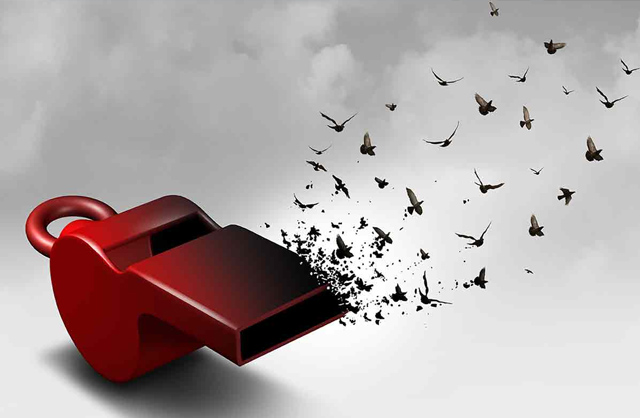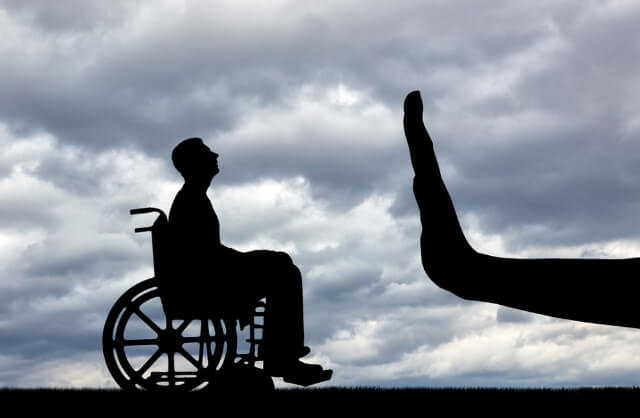Violence against, or by the representatives of the highest state authorities?
February 2, 2015

In the period from 23 to 31 January 2015, special police units, by order of a judge from a previous procedure, carried out searches of homes and workplaces on suspicion of alleged criminal acts of “Espionage”, “Unauthorized Possession of Weapons”, “Showing Pornographic Materials to a Juvenille” and “Violence against Representatives of the Highest State Authorities”. The suspects for these crimes are Z.V., S.V., B.P., and Z.Z. (leader of the biggest opposition party). Z.V.’s arrest, as on other occasions, was carried out in a manner violating the principle of presumption of innocence. Firstly, the very act of apprehension by MoI was recorded and broadcasted by the media without concealing the suspect’s identity. Secondly, MoI independently and not in coordination with PPP (which according to the new Law on Criminal Procedure is mandatory) indicated an alleged crime which according to PPP is not subject of investigation (Showing pornographic materials to a juvenile). Thirdly, giving the police action the name of “Coup” is a clear violation of the presumption of innocence which also exerts pressure on the judicial authorities and manipulates the public.
For the crime “Violence against Representatives of the Highest State Authorities” that all of the suspects are charged with, the Criminal Code stipulates that it is committed by those “who, with the intention of endangering the constitutional system or the security of the Republic of Macedonia, by force or by serious threat prevents the President (…) of the Government, (…) from doing something, or forces him/her to do or not to do something”. From the Prime Minister’s address to the public on 31 January 2015, in which he elaborated on the reasons and timing for start of the investigative procedure, it can be assumed that either the Government or the Prime Minister himself are exerting direct influence over the decisions of the investigative and judicial authorities. Particularly since the President of the Government emphasized that it was himself who made the decision to start a procedure against his biggest political opponent for threatening him “that he would reveal the crimes of those in power”. We would like to remind that according to the applicable regulations (the Law on Police and the Law on Criminal Procedure) in the Republic of Macedonia we uphold the so-called principle of legality of criminal prosecution, according to which the police and public prosecution are bound to always start a procedure only if the required legal conditions are fulfilled, which must not be based on a whim of a certain political decision! Moreover, this also applies to any possible offences that there is evidence for in the disputed materials seized in the police action.
Considering the fact that the leader of the biggest opposition party has been announcing for months that he has materials at hand proving corruption and other crimes of the government, it turns out that no personal threats can be in question, i.e. violence against the President of the Government as one of the highest state authorities. In fact, in this case it is obvious that the suspects are not prosecuted for illegal wiretapping, recording etc. and even if there were such materials, according to the practice of the Court of Human Rights in Strasbourg (Schenk versus. Switzerland, Application no. 10862/84) they would not be deemed automatically inadequate to prove crime, as they would have been in a case of illegal wiretapping or recording by the police or other authorities with similar powers. There is a trend in International Law of not prosecuting, and even protecting persons (so-called whistleblowers) who reveal abuse and other crimes. This protection is also provided with the Convention against Corruption of the United Nations (Article 32) and the Criminal Law Convention on Corruption of the Council of Europe (Article 22) which stipulate special protection of witnesses from revenge or intimidation.
It is absurd to treat the intention of the leader of the biggest opposition party to reveal materials which would prove the criminal and corruptive actions of the government as an attack on the constitutional order and violence against representatives of state authorities. Such materials could only be of public interest, especially if taken into consideration that the Government is accountable for its actions to the citizens who have elected it. The Helsinki Committee does not overlook the circumstance of having these materials subject to litigation, but we are concerned about the possibility of hiding, or otherwise “neutralizing” the evidence of corruption and crime by the current government by means of attempts to present it as illegal, classify it secret, etc. with the start of litigation against the suspects. Based on the previous statements, and bearing in mind the previous cases of pressure and influence over the judiciary and public prosecution, we insist that conditions be provided for a transparent procedure under the monitoring of international organizations and non-governmental organizations involved in the fight against corruption and protection of human rights.


